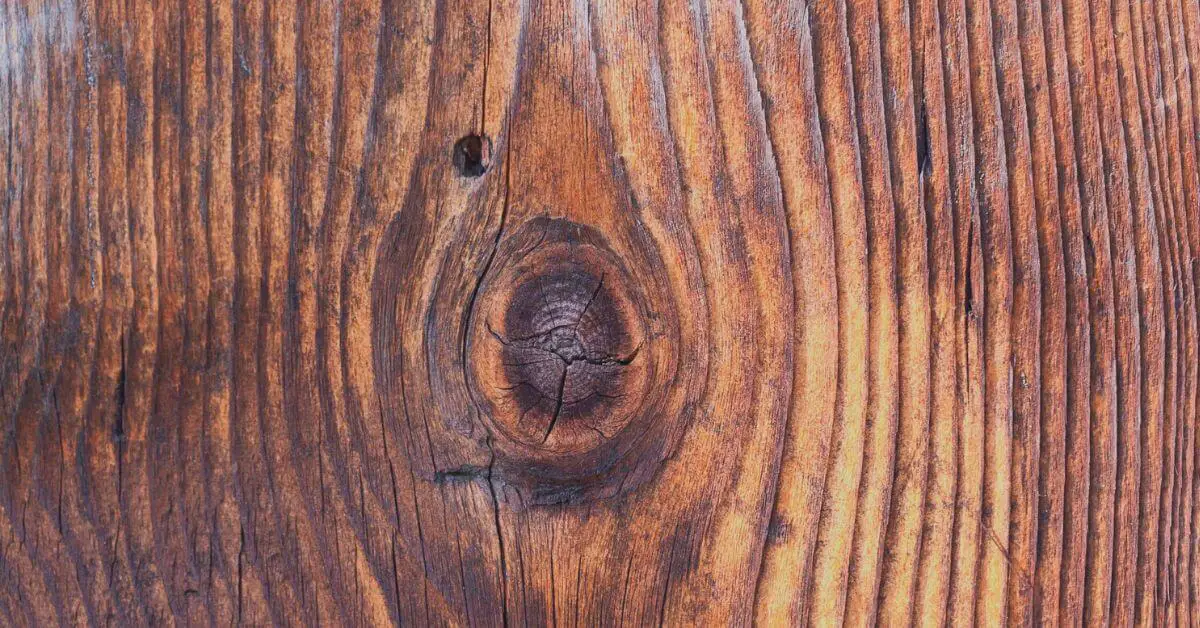What is Chechen Wood?
Chechen is durable, rot resistant, and extremely hard wood. It is commonly known as black poisonwood or Caribbean rosewood. Chechen is native to the Dominican Republic, Cuba, Jamaica, Guatemala, Belize, and southeastern Mexico.
Chechen got the name black poisonwood because of its toxic sap. It causes severe skin reactions similar to poison ivy. It belongs to the same family of plants as Poison Ivy.
Chechen wood comes in a wide range of color variations from light chocolate to dark chocolate colors with black stripes.
| # | Chechen Wood |
| Scientific name | Metopium brownei |
| Tree size | 50-120 ft (15-36 m) tall, 2-5 ft (0.6-1.5 m) trunk diameter |
| Janka Hardness | 2,400 lbf (10,670 N) |
| Rot-resistance | moderately rot-resistant |
| Type | Hardwood |
| Uses | Furniture, Cabinetry, Boat, Decking, Humidors, Jewelry Boxes |
Uses of Chechen Wood
Chechen wood is popular for its durability and resistance to decay and is often used for flooring, furniture, veneers, and other construction applications.
It is extremely hard and durable. So it is less prone to dents and scratches. That’s why it’s a great choice for durable flooring.
Wood has a great dark appearance that looks luxurious. Using solid Chechen wood for all projects can be costly. That’s why Chechen veneers are used, which are cheaper than solid lumber.
Chechen wood has a great color variant. Those colors are great for making small decorative items.
Wood Identification
Chechen wood comes in a wide range of color variations. It can be red, orange, and light brown to dark brown shades.
Generally, the grain is straight but may be interlocked, and irregular with a fine uniform texture with a moderate natural luster.
Working with Chechen Wood
It is a very hard wood, but it is also quite workable. You need to have a sharp blade while working. Tearout may occur when machining with irregular or interlocking grains.
Chechen wood has a tendency to split. So you should do pre-drilling before nailing and screwing.
Chechen Wood Advantages and Disadvantages
Advantage
- Easy to work: Chechen wood is easy to work with hand tools and machine tools.
- Rot-resistant: Chechen Wood is naturally rot resistant, and moderately resistant to most insect attacks.
- Durable: Wood is very durable and strong. So we can use it for exterior projects.
- Extreme Hard: Wood is very hard. So it is less chance of dents and scratches.
- Inexpensive: The cost of Chechen lumber is not as high as other hardwoods. It is available in the market at a moderate price.
Disadvantage
- Split easily: It gets split easily while working, so be careful while working.
- Not safe: Chechen is also known as Black Poisonwood. It has a toxic sap that can cause severe skin irritation.
Is Chechen Wood Toxic?
Yes, Chechen has been reported as a sensitizer. There is a problem with skin reaction during work. Its reaction is very similar to poison ivy.
Be careful while woodworking because all kinds of wood dust are harmful. Asthma patients should avoid wood dust. Always use gloves and goggles while working.
Is Chechen Wood Sustainable?
Yes, Chechen wood is sustainable. It is not listed in the CITES Appendices or on the IUCN Red List of Threatened Species.

